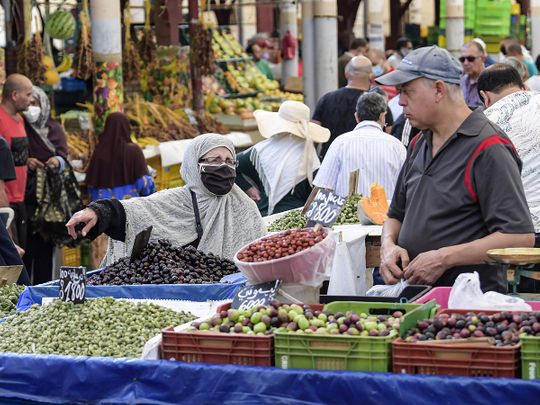
Tunis: Tunisian Prime Minister Hichem Mechichi said on Monday that the death toll from the coronavirus pandemic in the country may reach 6,000 to 7,000, describing the health situation as "very dangerous".
Coronavirus cases have been rising quickly in Tunisia, which had managed to contain the virus earlier this year, and have now reached 70,000 cases and 1,900 deaths in a country of 11.5 million.
Medical sources told Reuters intensive care units in most state hospitals had reached maximum capacity. The government imposed a night curfew this month and banned travel between cities to slow a second wave of the pandemic.
Tunisia entirely shut down its economy in March and closed its borders, limiting the spread of coronavirus to a few hundred confirmed cases. But it has now racked up more than 20,000 over the past month, with only 200 intensive care beds designated for COVID-19 available in the whole country.
Many Tunisians say the authorities should have done more to prepare with the time secured by the economic hardship of the lockdown.
“The Tunisian political class lost its opportunity to be ready for a second wave. What did they do to prepare over the past months? Nothing. They were just focused on their usual disputes,” said Chaker ben Hussein, a baker in the Iben Khaldoun district of Tunis.
Even before the pandemic, Tunisia was grappling to reverse a decade of sluggish growth, high unemployment, declining public services and concerning levels of sovereign debt.
The economy contracted by 21% in the second quarter as unemployment rose by 3 points to 18%, with expectations it will exceed 20% by the end of the year. The government has said the crisis has cost it 6 billion dinars ($2.2 billion) so far.











